웹툰은 해석 방식 "blog meets manga"
CES2025에서 버라이어티 엔터테인먼트 세션에서 웹툰(Webtoon) David LEE cc 출연 후 웹툰의 성공 방정식 공개
인터뷰는 신시아 리틀튼(Cynthia Littleton) 버라이어티 공동 편집장. 이 내용은 버라이어티 팟캐스트 Strictly Business에 공개. 기사 이하 인터뷰 전문 공개
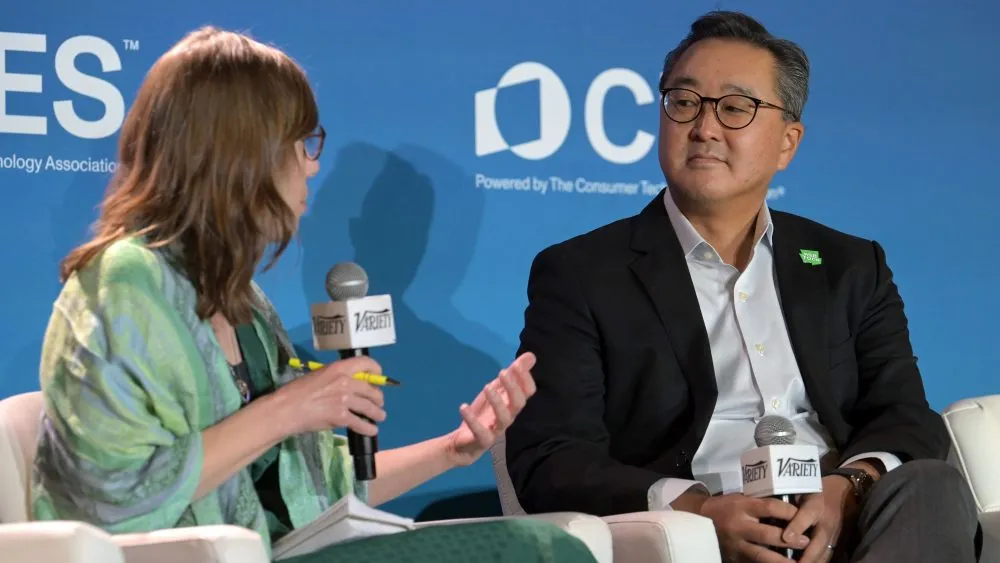
🎨 웹툰의 정의와 시작
. 웹툰 은 그래픽 소설 과 블로그 , 드라마 가 결합된 형태로, 디지털 스토리텔링 의 새로운 경향
. 웹툰 이라는 포맷은 약 10년 전 한국 에서 시작되어 현재 글로벌 시장에서 영향력을 미치고 있음
. 스크롤 방식의 블로그와 만화가 결합된 웹튠은 할리우드 에서 인기를 끌고 있으며, 'blog meets manga'라는 설명으로 함축
🌐 웹툰 사용자 경험의 핵심 요소
. 웹툰 은 디지털 플랫폼 으로서 비즈니스와 스토리텔링 의 핵심을 제공
. 웹툰 에서 제공되는 사용자 경험에 대해 많은 이들이 아직 잘 모를 수 있지만, 영화 등의 매체로 접했을 가능성
. 웹툰 의 주요 타겟은 Z세대로, 이들은 웹툰 을 잘 알고 있을 것으로 추정.
. 웹툰 은 전 세계적 으로 활동하며 사용자에게 독특한 경험을 제공
웹툰의 특징
- 세로 스크롤 형식으로 스마트폰에 최적화된 읽기 경험 제공
- 컬러 일러스트와 짧은 에피소드로 구성
- 다양한 장르의 콘텐츠 제공
- 전 세계 1억 7천만 명의 월간 활성 사용자 보유
- 24백만 명의 크리에이터가 매일 12만 개의 새로운 스토리 생성
Webtoon is a new form of storytelling platform that has evolved in line with the digital age. Key Features and Advantages
Features of Webtoon
- Vertical scrolling format provides an optimized reading experience for smartphones
- Composed of color illustrations and short episodes
- Provides content of various genres
- Has 170 million monthly active users worldwide
- 24 million creators create 120,000 new stories every day
비즈니스 모델
- 크리에이터와 수익 공유 모델 (28억 달러 공유)
- 마이크로 결제 시스템 (에피소드당 15-70센트)
- 광고를 통한 무료 콘텐츠 제공 옵션
- 부분 유료화(마이크로페이먼트)
- “Fast Pass”라는 방식: 최신 에피소드를 가장 먼저 보고 싶으면 15~70센트씩 지불.
- “Daily Pass”: 이미 완결된(혹은 연재 중단된) 작품을 하루 단위로 소액 결제하면서 볼 수 있는 모델.

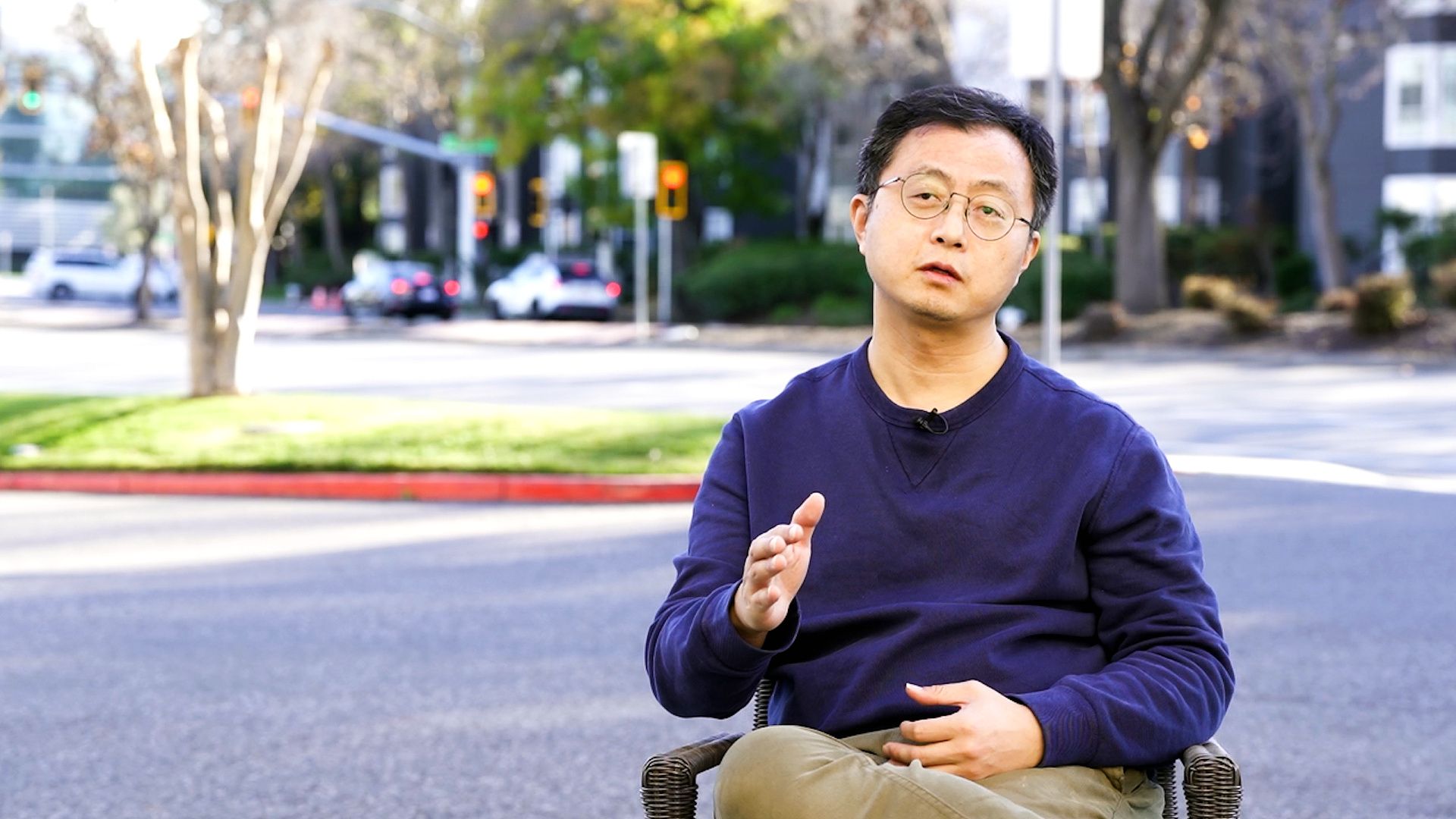
![[심층분석] 서브스택 TV 앱 출시로 본 '거실 전쟁'의 새 국면...FAST도 긴장한다](https://cdn.media.bluedot.so/bluedot.kentertechhub/2026/01/l2nrm2_202601251702.jpg)
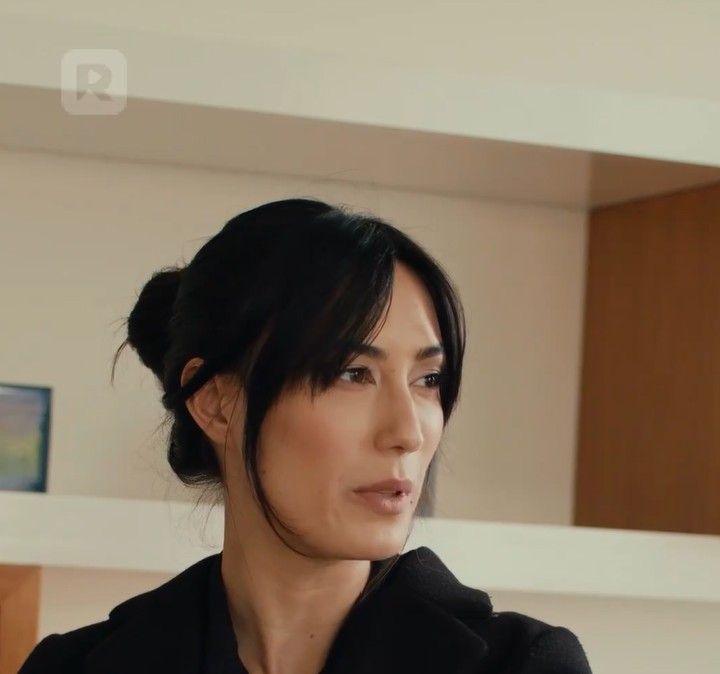
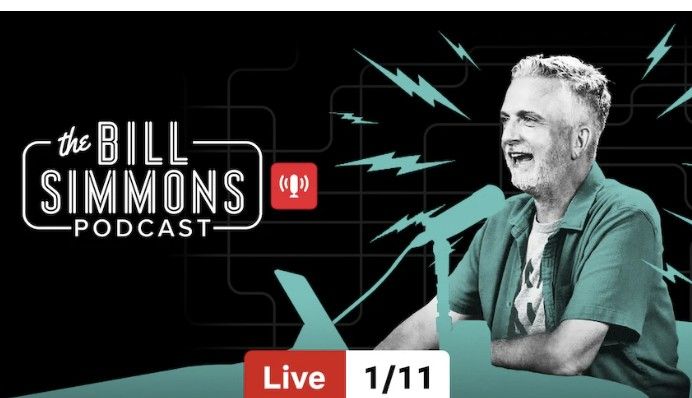
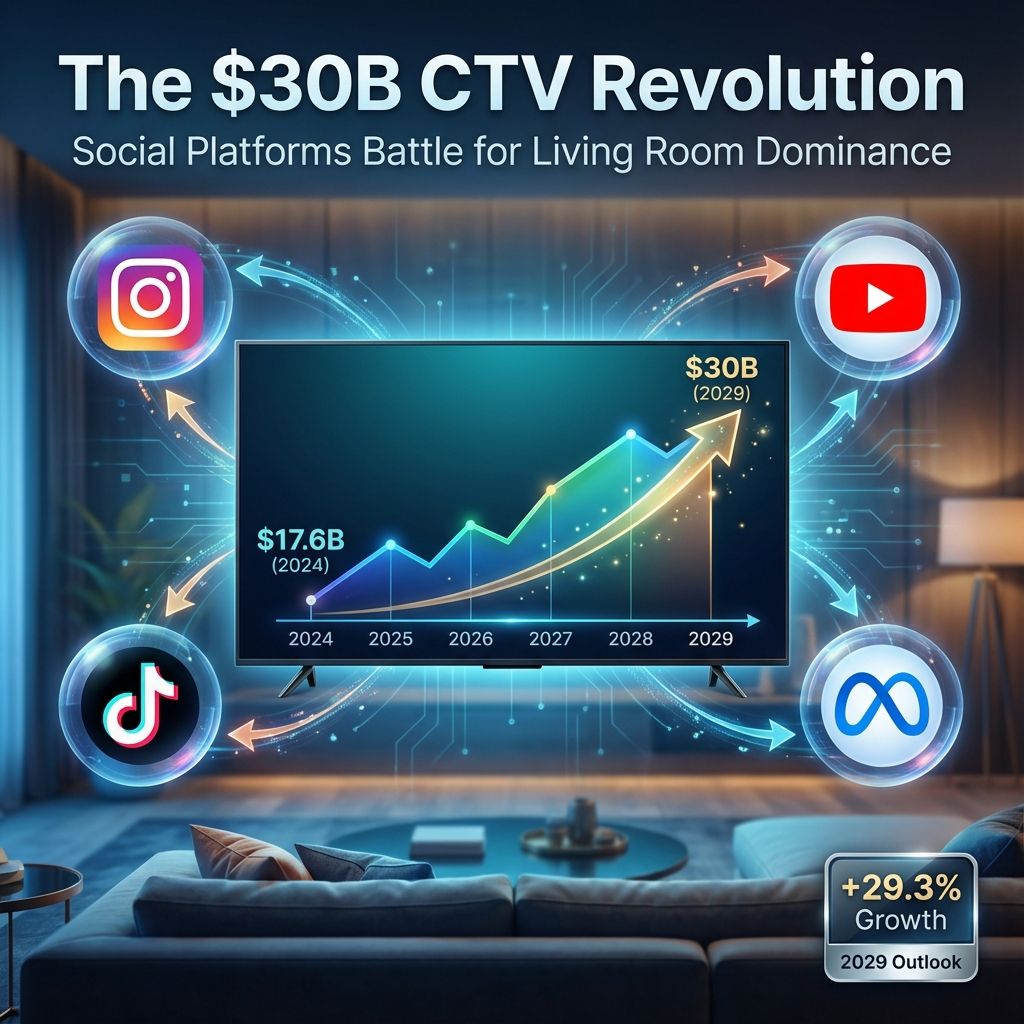
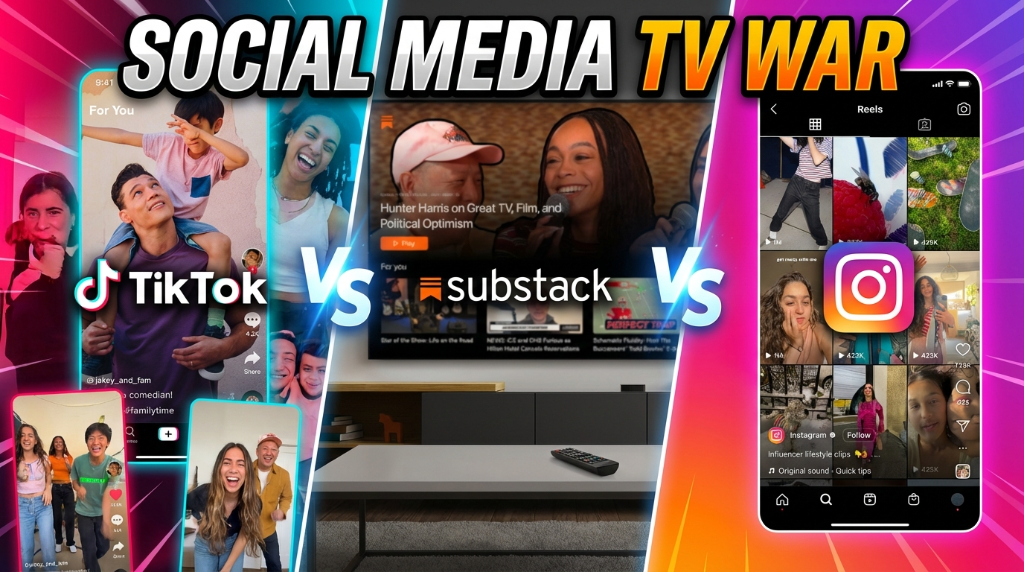
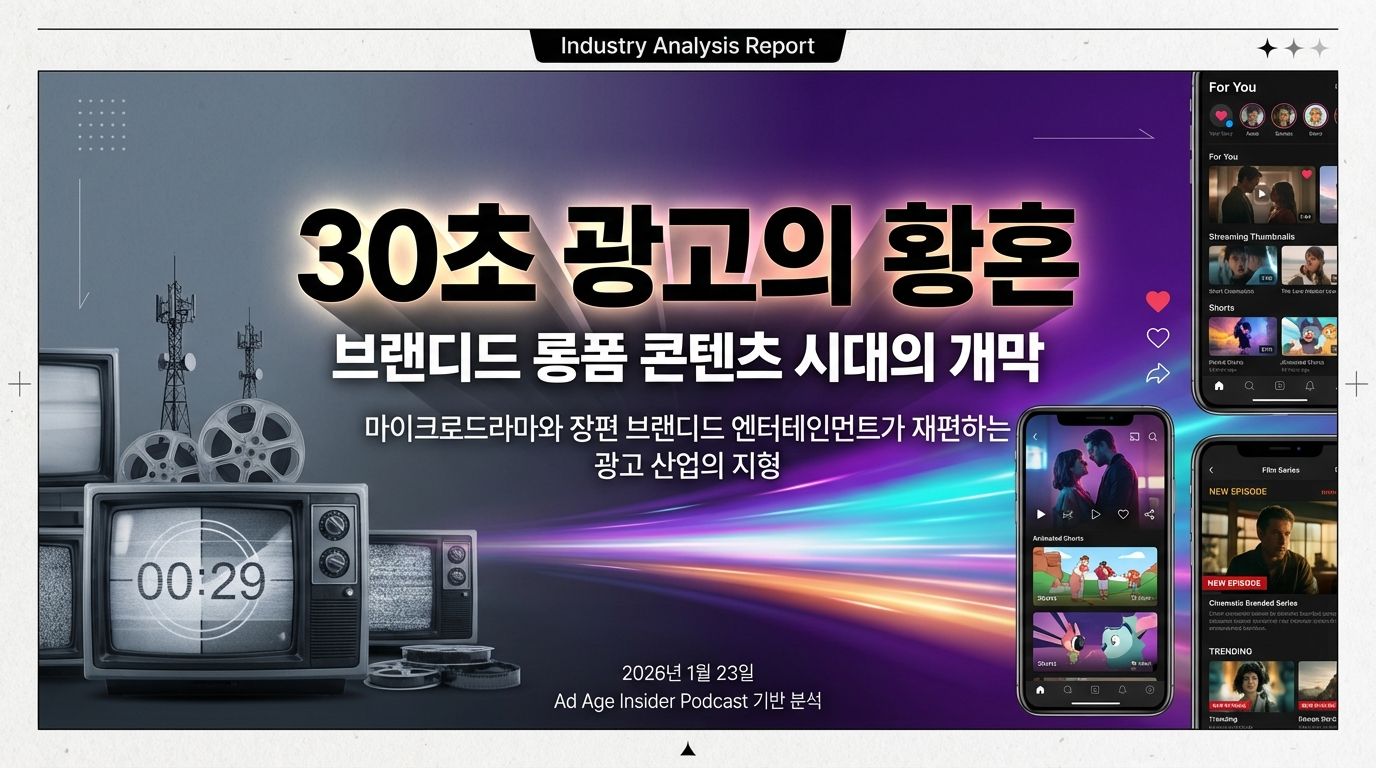
![[보고서]CES2026 엔터테크 보고서](https://cdn.media.bluedot.so/bluedot.kentertechhub/2026/01/pkmea9_202601250121.jpeg)
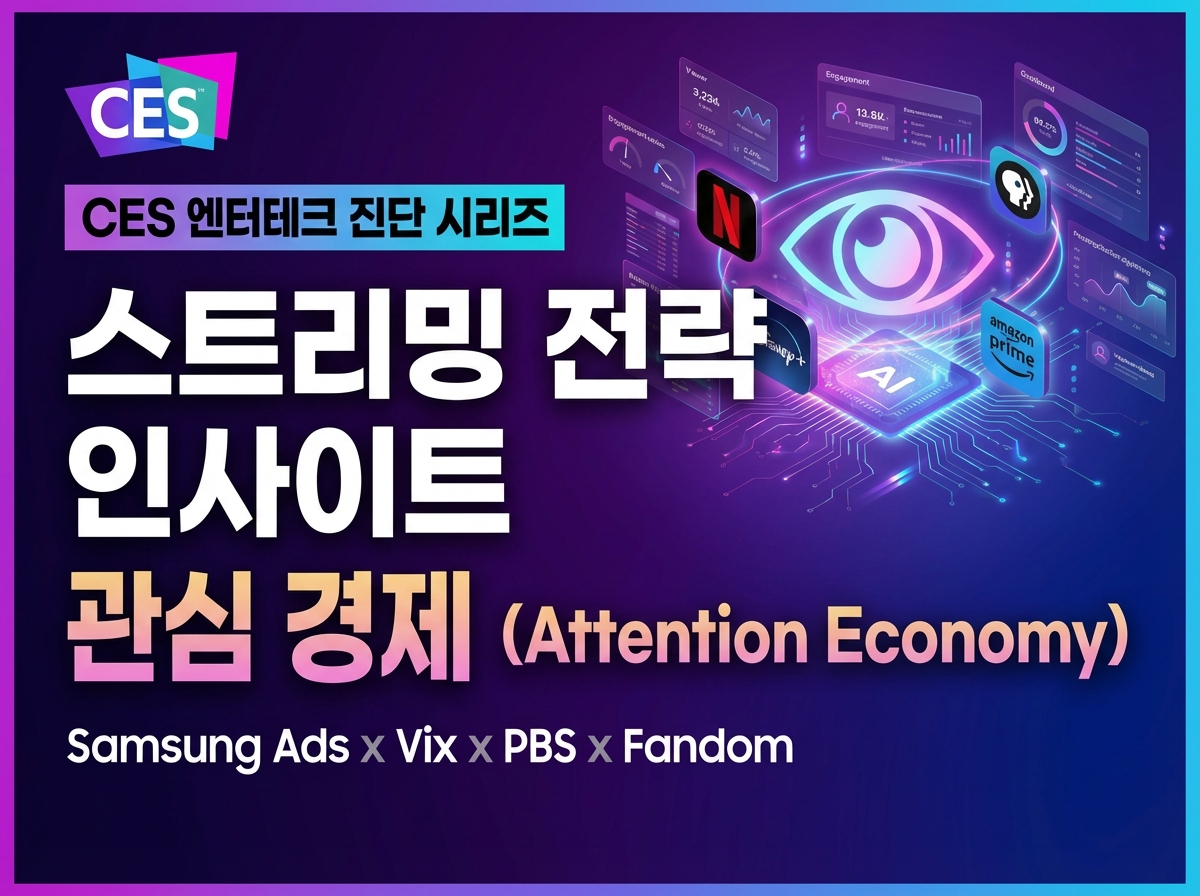
![[CES2026]미디어 기업 업프론트(광고 설명회) 장소로 변신](https://cdn.media.bluedot.so/bluedot.kentertechhub/2026/01/xjbio9_202601222334.png)
![[CES 2026]레딧, 구글 메타 도전장 '맥스 캠페인 진행'](https://cdn.media.bluedot.so/bluedot.kentertechhub/2026/01/o4o2vj_202601220249.jpg)
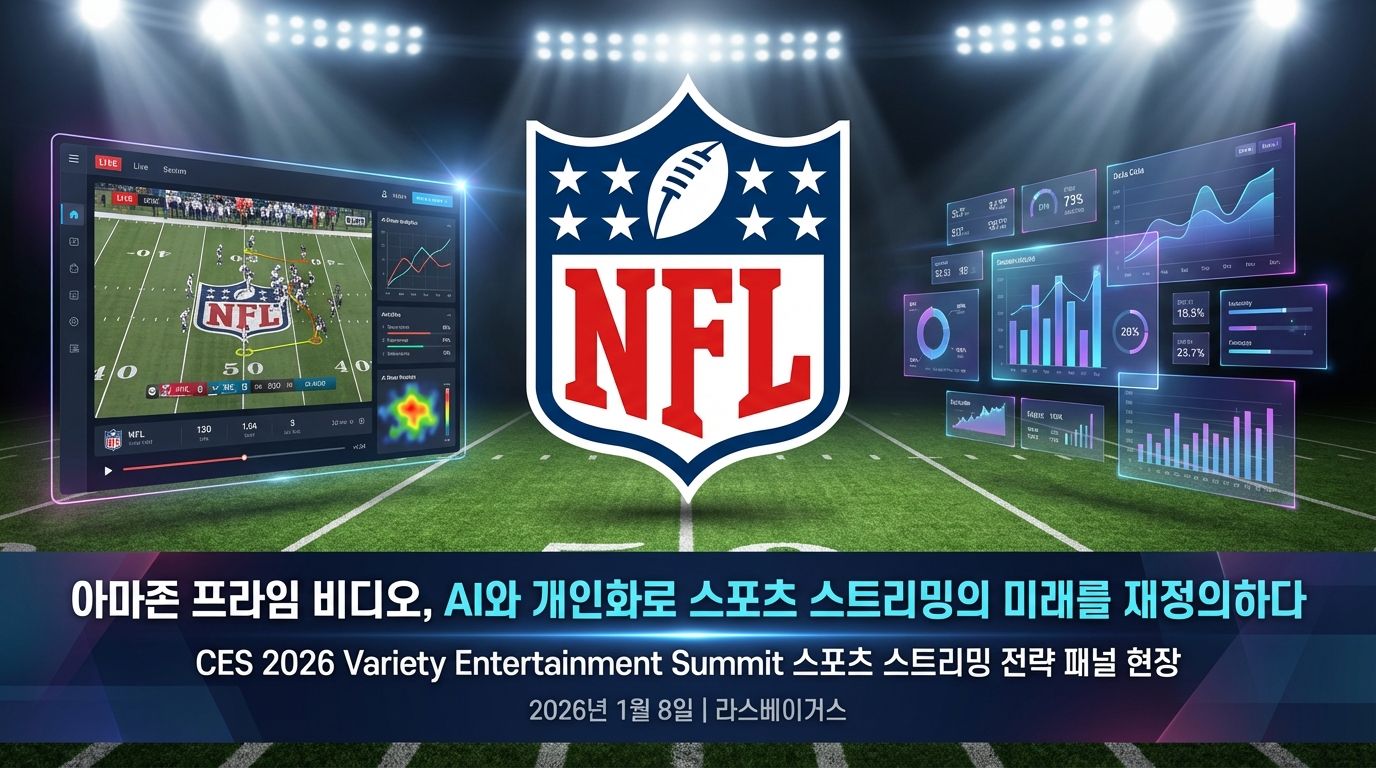
![[CES 2026] AI, 스트리밍 전쟁, 마이크로드라마](https://cdn.media.bluedot.so/bluedot.kentertechhub/2026/01/nf0b2a_202601210349.png)

![[CES 2026] 크리에이터 이코노미 보고서(무료 요약본)](https://cdn.media.bluedot.so/bluedot.kentertechhub/2026/01/5wiefh_202601190237.png)